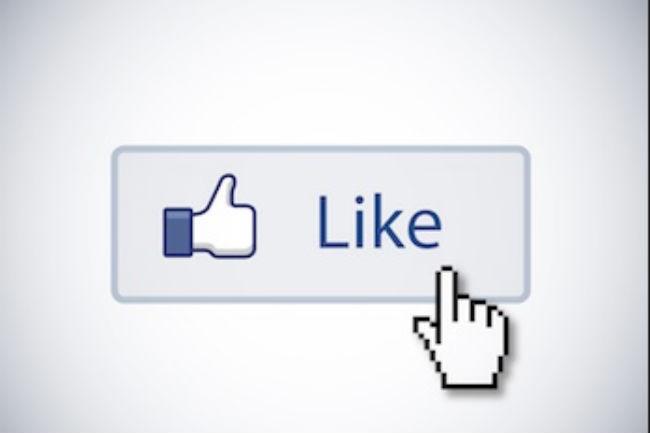
“Likes” on Facebook are now protected by the First Amendment, thanks to a ruling by the Fourth U.S. Circuit Court of Appeals.
The court ruled on the side of Bobby Bland, a former deputy sheriff from Hampton, Va., who says he and other employees were fired for ‘liking’ the Facebook page of his boss’s opponent. Their boss, sheriff B.J. Roberts, won his race and promptly fired the dissenting employees. He said the firings were the result of budget cuts and the workers’ disruption of office dynamics. Suspecting that the dismissal had less to do with the budget and more to do with disliking the “likes,” Bland and his fellow Facebook mutineers took the case to court.
In 2012, The U.S. District Court of Eastern Virginia didn’t buy their argument that the termination violated their First Amendment rights, and dismissed the case. Judge Raymond Jackson noted that Facebook posts were protected, but didn’t think “likes” made the cut. “Simply liking a Facebook page is insufficient. It is not the kind of substantive statement that has previously warranted constitutional protection,” he wrote in his opinion.
But a different judge saw the situation from another perspective. Chief Judge William B. Traxler Jr. saw no difference between a “like” and actually writing that you like something. “”On the most basic level, clicking on the ‘Like’ button literally causes to be published the statement that the user ‘likes’ something, which is itself a substantive statement,” he wrote.
The ruling reinforced the argument of one of the plaintiffs, Daniel R. Carter Jr., who explicitly defended himself by saying a “like” fell under protected speech.
This is an important decision for the First Amendment because it extends free speech protections to a simple click of the mouse. It’s a common sense ruling, since publicly “liking” something on Facebook is a clear endorsement, even if it is one that requires zero creative thinking. The line of thinking the judge used to arrive at this decision would protect all sorts of actions on social media, such as “favoriting” a tweet or pressing the heart button under an Instagram photo.
Of course, you may be wondering why this case was brought to court at all — why shouldn’t a sheriff be able to fire people who work for him who expressed support for another candidate? While employees in the private sector can be fired for comments deemed inappropriate, public servants often have more robust employment protections in place that safeguard their jobs if they express their political views. That may be the case here.
Editors' Recommendations
- Facebook’s first-ever smartwatch reportedly looks like this
- Facebook seeks to protect election integrity with its new voting info hub
- Facebook ordered to pay $650 million in facial recognition lawsuit
- Facebook’s Shops give small businesses an Etsy-like place to sell goods online
- Here’s what Facebook’s new Oversight Board looks like


